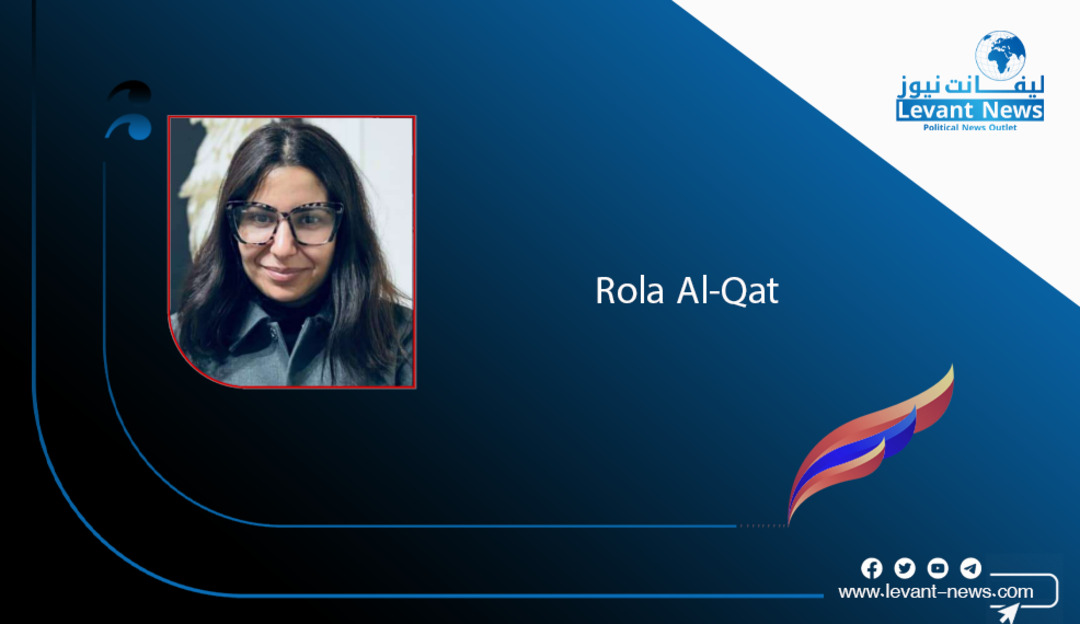-
End of the Tehran Game

What appears on the surface as a display of strength by the mullah regime—from dangerous uranium enrichment to frantic execution campaigns—is, at its core, a cry of desperation from a wounded beast cornered in its last refuge. The regime, which has lost its legitimacy domestically and its maneuvering capacity internationally, has no option but to escalate—an attempt in desperation to hide its lethal weakness behind a mask of brutality and arrogance. Its recent aggressive actions are not the beginning of a war it chooses, but the final chapter of an inevitable collapse imposed by its people and the world.
However, the paradox is that this moment of deep weakness does not push toward war; instead, it places the international community at a historic crossroads and offers a golden opportunity to adopt the long-ignored solution: supporting democratic change led by the Iranian people and their organized resistance.
Internal repression reflects an existential fear—no longer a political analysis issue but a tangible reality manifesting in every aspect of the regime. Domestically, the machinery of repression has become the sole tool of governance. When the judiciary admits to arresting over 21,000 people on broad “security” charges in a short period, it indicates not control but an official acknowledgment that the regime is at war with its own people. The rising number of executions, approaching a thousand annually, is not a sign of strength but a reflection of genuine panic over the organized alternative threatening its survival: the resistance units affiliated with the MEK—a movement that has organized three major uprisings since 2018 and kept the flame of resistance alive within the heart of society—transforming the fear of the people into a terror for the executioners.
On the international front, the regime is facing successive defeats. It long relied on extorting the world through its nuclear program, but today it confronts the “trigger” mechanism to reimpose international sanctions after blatant violations—especially uranium enrichment to 60%—pushed its closest European allies to abandon it. Its recent military confrontation with Israel was a revealing moment, shattering the aura of “regional power” it cultivated for decades and exposing that its true capabilities are far weaker than the Revolutionary Guards’ propaganda suggested.
Given this reality, it is no longer acceptable for the world to be held hostage by two failed options: appeasement, which only buys the regime time to approach the bomb; or war, which would be catastrophic for the region and the world. Today, the regime’s weakness opens the door wide to a third option—one that is both practical and ethical: supporting democratic change led by the Iranian people.
This is what the Iranian resistance will present to the world in Brussels on September 6. The massive demonstration there will not be just a protest but a living embodiment of the democratic alternative. It is a platform to convey the voice of millions of Iranians demanding freedom and to present the National Council of Resistance of Iran’s ten-point plan for Iran’s future: a democratic republic that separates religion from the state and guarantees equality and justice.
Moving now—to impose “trigger” sanctions without hesitation, to recognize the legitimate right of the Iranian people to resistance, and to provide political support to the National Council of Resistance—is the only way to secure a peaceful and stable future. That future can only be realized through the fall of the current regime and the dawn of a free, democratic Iran.
Rola Al-Qat
Media professional and writer in New York
Tags
You May Also Like
Popular Posts
Caricature
opinion
Report
ads
Newsletter
Subscribe to our mailing list to get the new updates!




















